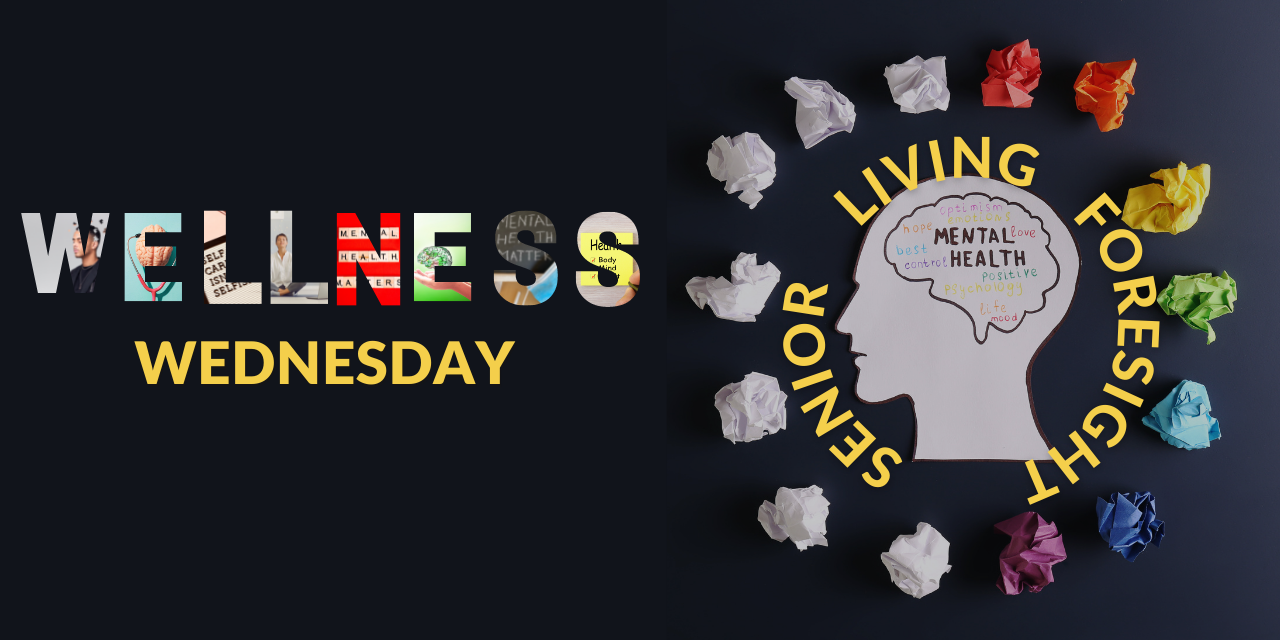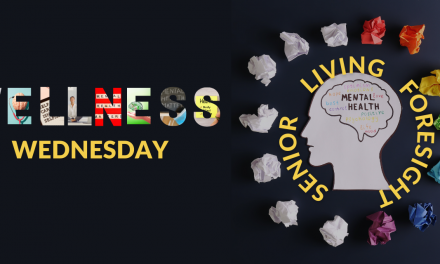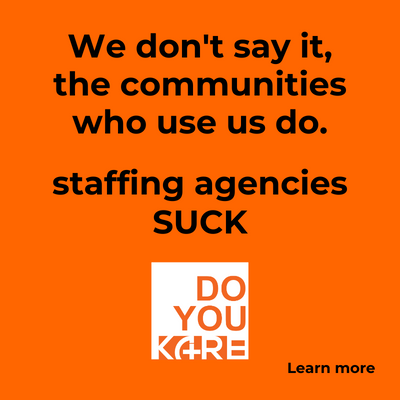By Sophie Okolo
Have you ever felt defined by your work? Or felt that your worth was based on your productivity? If yes, then you’re in good company. I have struggled with this most of my life, but only in the last few years have I started to invest in self-care. And I’m still learning day by day.
We know we should pause for self-care, yeah, yeah. But who’s got time for that? It’s like we love self-care but we don’t do it because overwork is so ingrained and glorified in our culture and society. So how can we make it essential, a high priority, and never take it for granted?
As American novelist Anne Lamott said, “Almost everything will work again if you unplug it for a few minutes, including you.”
As senior living professionals, we always want to do our best, and give our best, especially since our residents depend on us. But we can easily get caught up with doing good work, and working in ways that leave us drained and exhausted.
You deserve to be at your fullest potential, which happens when you’re fully rested. Here are three things I’ve learned — and am still learning — because burnout is so not worth it.
1. Change your mindset about work.
The problem is that we put so much of our worth in our productivity that on days we cannot push ourselves, we feel inadequate or useless. But we need to go against the status quo and the destructive message that continues to encourage our worldwide culture of stress and burnout.
Just like when you fly on an airplane and the flight attendant instructs you to “put your oxygen mask on first,” before helping others, it’s essential to take care of ourselves to have a lasting impact on our residents.
Sometimes you get the most done by doing nothing at all. For example, if you are unwell, either mentally or physically, allowing your body and mind to recover and rest is also being productive, and this is a good investment.
2. Sleep is a game changer.
Did you know that sometimes you get the most done by doing nothing at all? During my own personal exploration of sleep, I learned if I woke up feeling rested and refreshed, then I probably got what’s called restorative sleep. In basic terms, restorative sleep happens when brain activity during sleep helps restore your body and mind, essentially resetting you for another day of activity.
If you have not read about the role of restorative sleep in reducing stress, then please do so! Our bodies and brains do so many amazing things during rest. That’s why sleep is so important. Rest is productive, and I strive to get enough sleep each night, even if I need to schedule it.
If you don’t consistently get eight hours of sleep, I challenge you to try getting there for a whole month! People have no idea how sleep-deprived they are and how this leads to poor quality of life. In fact, researchers have been looking into whether lack of sleep is connected to Alzheimer’s disease.
3. Unwind for a new way of thinking.
Sometimes our work can feel overwhelming, and when that happens, we should try to take a step back and rest. This can mean sleeping on it or coming back in a few days after we have taken care of our bodies and minds — and we may be surprised how differently we approach our work. I’ve also found out that taking control of our tech habits is essential because an unhealthy relationship with technology can fuel stress and burnout.
It’s time to create a culture of self-care in senior living, and it starts with each and every one of us. Making time to unplug and recharge should be celebrated, not stigmatized!






